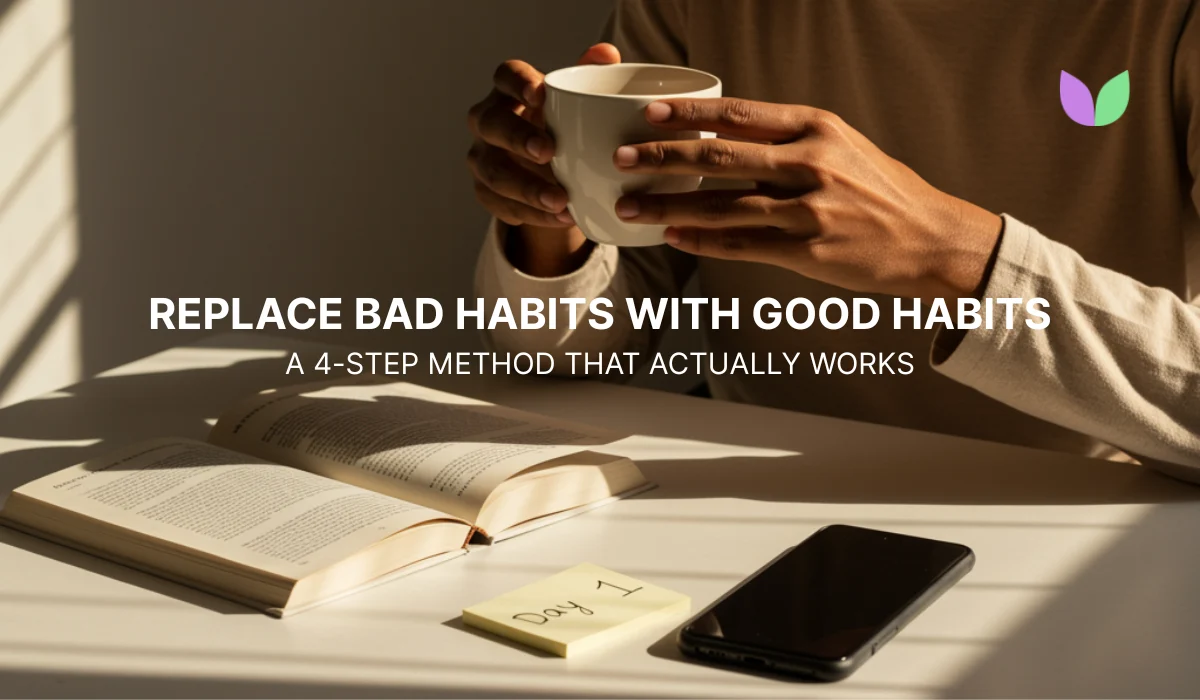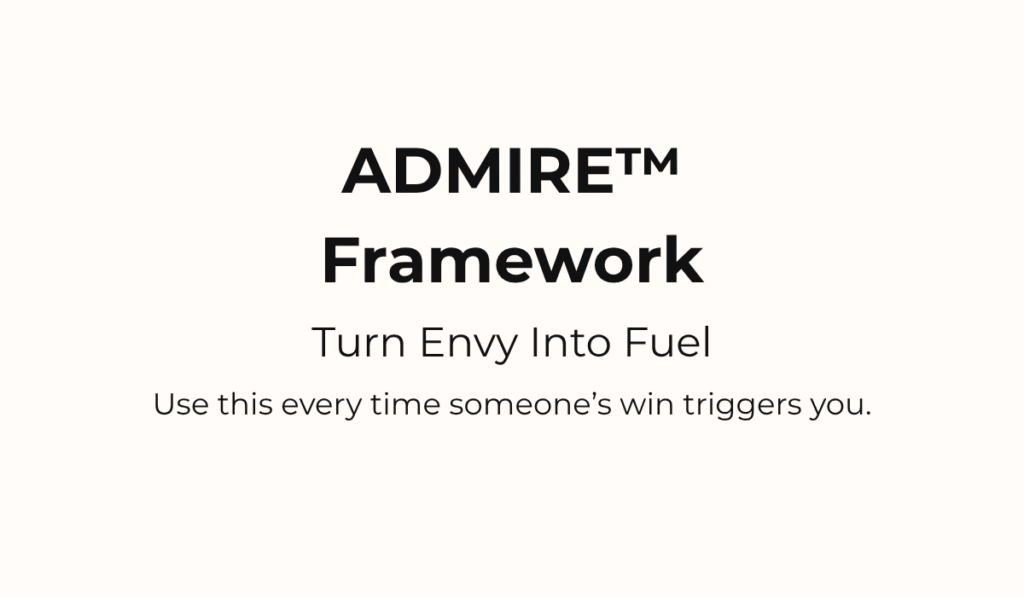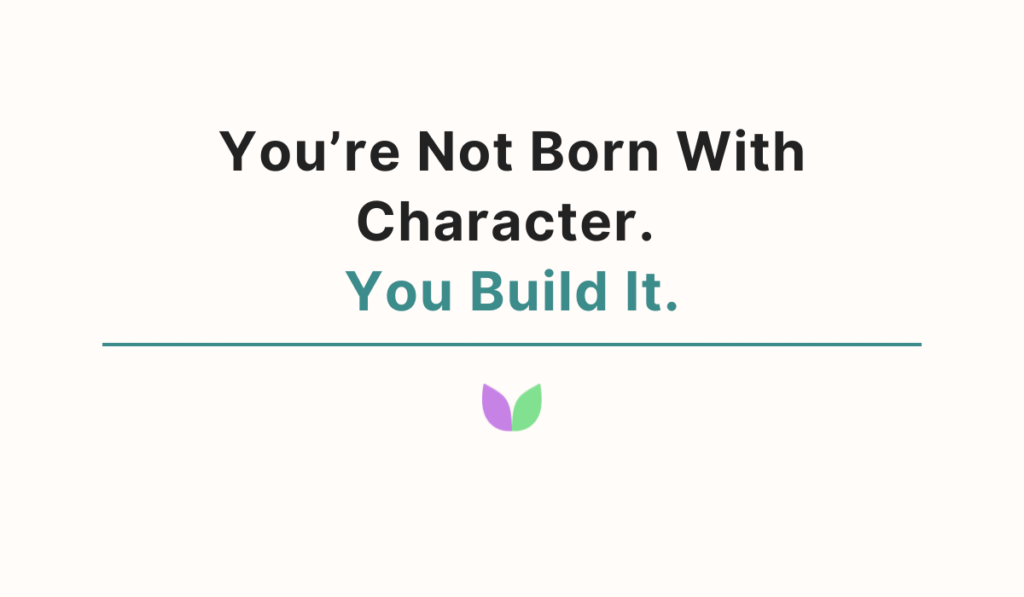You already know your bad habits.
They sneak in quietly — the endless scrolling, the “just one more snack,” or skipping the workout because “I’ll do it tomorrow.”
Reality check for you:
You don’t break bad habits.
You replace them with better ones.
And once you learn how to do that right, your brain starts working for you, not against you.
Let’s make this practical.
Here’s a simple, 4-step method you can apply today.
Step 1: Spot the Trigger Before It Controls You
Every habit begins with a cue — something that sparks the behavior.
Start by asking:
- What happens right before I give in to this habit?
- What am I feeling in that moment — stressed, bored, anxious, tired?
- What am I trying to escape or comfort?
Example Patterns:
- You feel stressed → you scroll social media.
- You feel bored → you snack mindlessly.
- You feel tired → you skip your workout.
Don’t judge it. Just notice it.
Awareness is power — it’s the moment your autopilot ends and control begins.
Try This: For one week, note the time, place, and emotion before every habit you want to change. By Day 3, your patterns will start revealing themselves.
Step 2: Interrupt the Impulse — 10 Seconds Can Change Everything
The urge will come.
That’s normal.
But you can control what happens next.
When it hits, pause for just 10 seconds.
That pause gives your logical brain time to wake up before your impulsive brain takes over.
Action Examples:
- Instead of scrolling → stand up and stretch.
- Instead of snacking → drink a glass of water.
- Instead of skipping → commit to 5 minutes of movement.
That micro-pause breaks the loop.
You don’t need to fight the craving. You just need to delay it.
“The distance between impulse and action is where self-control lives.”
Step 3: Replace the Old Habit with a Simple, Positive Action
Bad habits don’t disappear.
They lose power when you replace them with something that feels equally rewarding.
Think of it as giving your brain a new script to run when the same trigger appears.
Action Replacements:
- Stress → Take 3 deep breaths or go for a quick walk.
- Boredom → Read 1 page of a book or call a friend.
- Tiredness → Do 2 minutes of gratitude journaling.
You’re not relying on willpower anymore — you’re using redirection.
Pro Tip: Keep your replacement action short and easy.
If it takes less than 2 minutes, you’ll actually do it.
Step 4: Reward Yourself to Reinforce the Change
Your brain needs a reason to keep the new behavior.
That reason is reward.
Small wins train your brain faster than big resolutions.
Ways to Reward Progress:
- Say it out loud: “I made a better choice today.”
- Check it off on a simple habit tracker.
- Celebrate every 7-day streak — with pride, not perfection.
Each repetition strengthens the new neural pathway.
Before long, the new habit becomes your default setting.
What gets rewarded gets repeated.
The Reality: Progress, Not Perfection
Replacing habits isn’t about overnight change.
It’s about small, consistent victories that compound over time.
Slip-ups will happen. Don’t fight them.
Each slip is a signal — a reminder to return to your new pattern.
The goal isn’t to erase your flaws.
It’s to feed your strengths until they grow stronger than your weaknesses.
Your 7-Day Challenge: Replace One Habit
- Pick one bad habit — not five. Just one.
- Identify its trigger — emotion or situation.
- Choose one small replacement action.
- Practice it for 7 days straight.
Watch how one small shift starts influencing your entire mindset.
Momentum starts with one good choice.
Why This Works (and Why Willpower Doesn’t)
Willpower fades. Systems stick.
When you build new patterns around your emotions and triggers, you change behavior automatically.
That’s why this 4-step system works — it doesn’t demand perfection, it builds momentum.
If you’ve ever struggled with breaking bad habits, don’t try harder — try smarter.
Replace, don’t resist.
Bonus Tip: Combine It with Emotional Awareness
At IntuiWell, we teach clients that habits aren’t just physical — they’re emotional.
Your triggers often hide unprocessed stress, guilt, or fatigue.
Learning to notice and release them helps good habits stick longer.
Final Thought
Good habits don’t fight bad ones — they replace them quietly.
Each time you choose differently, you’re reprogramming your future self.
So the next time you catch yourself slipping,
Don’t say, “I failed.”
Say, “I redirected.”
That one word change can transform your entire life.
Summary:
Replace Bad Habits with Good Habits: A 4-Step Method That Actually Works
Most people fail to break bad habits because they try to fight them head-on. The truth is — habits don’t get erased, they get replaced. This blog explains a 4-step method that helps you replace destructive patterns with productive ones:
- Spot the Trigger – Identify the emotional or environmental cue that sparks the habit.
- Interrupt the Impulse – Create a 10-second pause to regain control over your next action.
- Replace the Habit – Swap the bad behavior with a simple, positive alternative that feels rewarding.
- Reward the Change – Reinforce progress with small wins and self-recognition to strengthen new neural pathways.
The key takeaway: Don’t rely on willpower — build systems. Focus on awareness, redirection, and small daily wins that compound into long-term change.
FAQs
Q1. Can I really replace a bad habit instead of breaking it?
Yes. Breaking a habit leaves a void. Replacing it fills that void with a healthier routine your brain can adopt faster.
Q2. How long does it take to form a new habit?
It varies, but research shows it takes around 21–60 days of consistent repetition to form a solid new habit loop.
Q3. What if I fail or slip up?
Slips are signals, not failures. Notice the trigger and return to your new routine — progress beats perfection.
Q4. What’s the most effective replacement habit?
The one that’s short, simple, and emotionally rewarding. If it takes under 2 minutes, you’re more likely to stick with it.
Q5. Why does willpower alone not work?
Because willpower drains with stress and fatigue. Systems and environment-based cues sustain change automatically.
Ready to rewire your habits and build lasting change?
👉 Request a callback or Book a consultation call with IntuiWell today and start your transformation.



